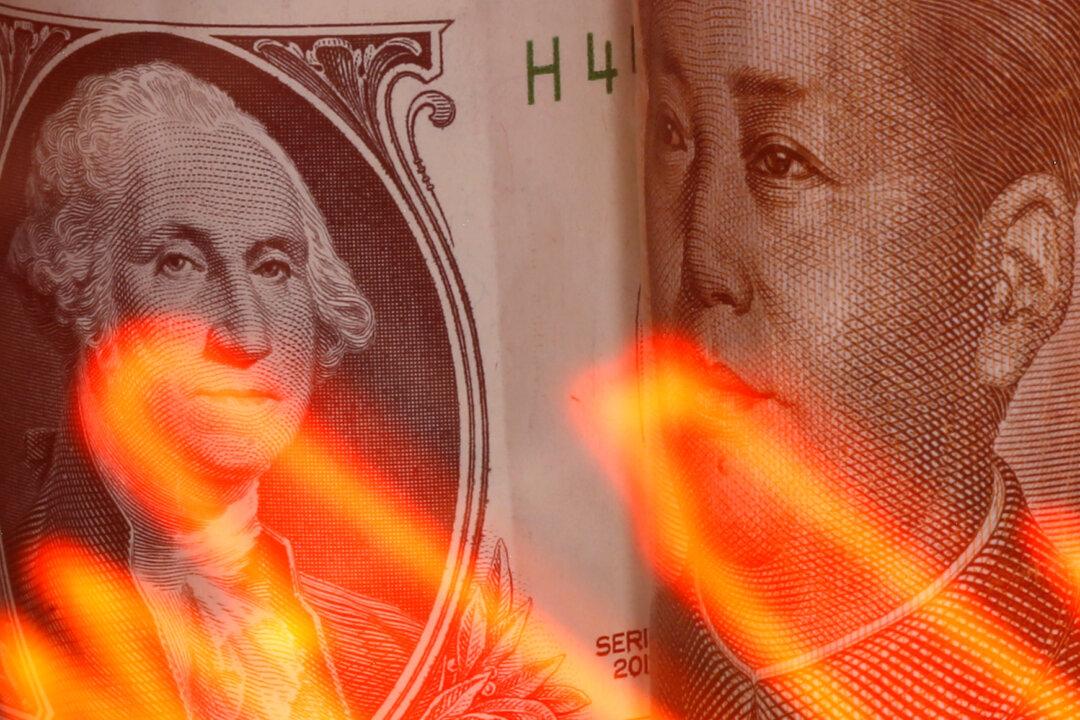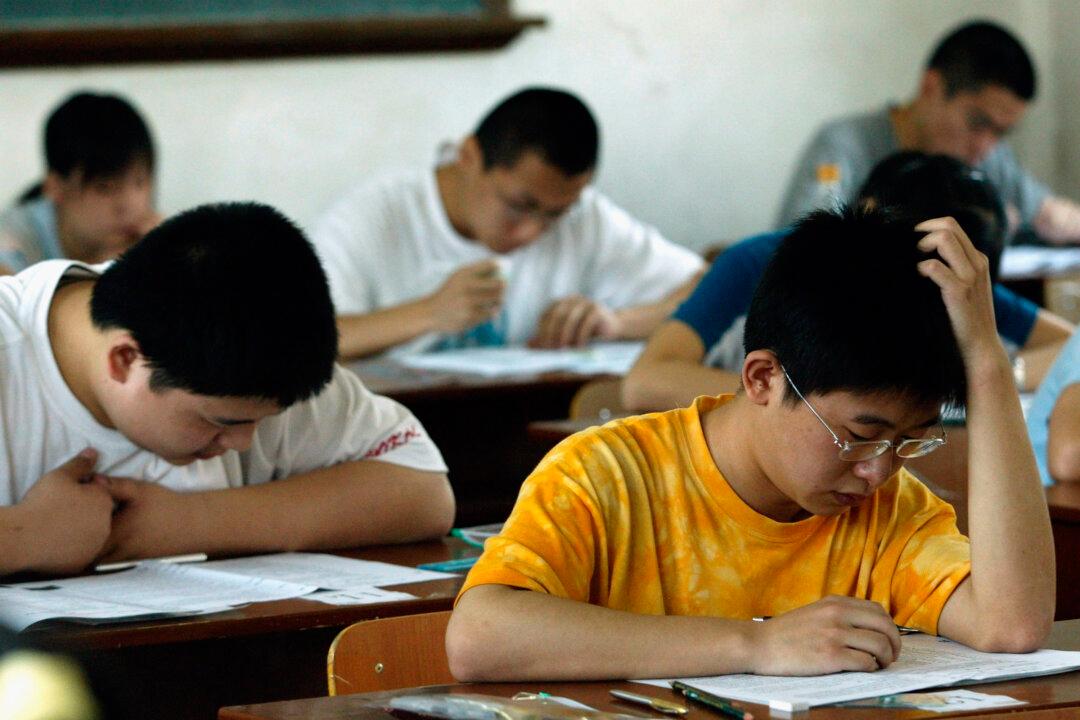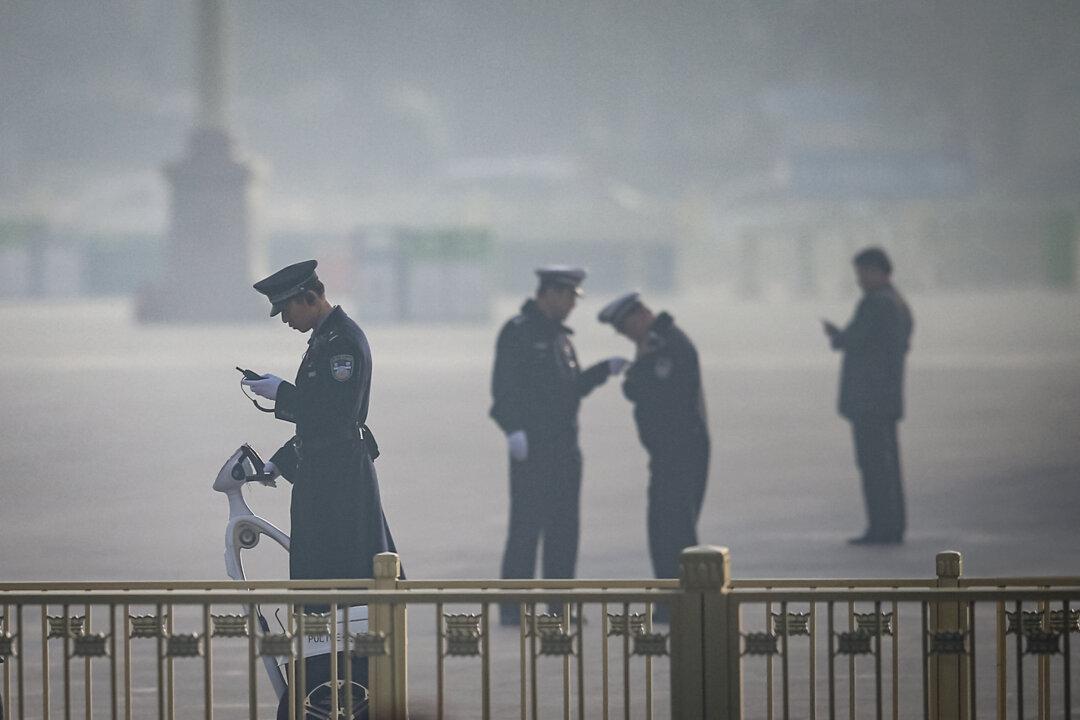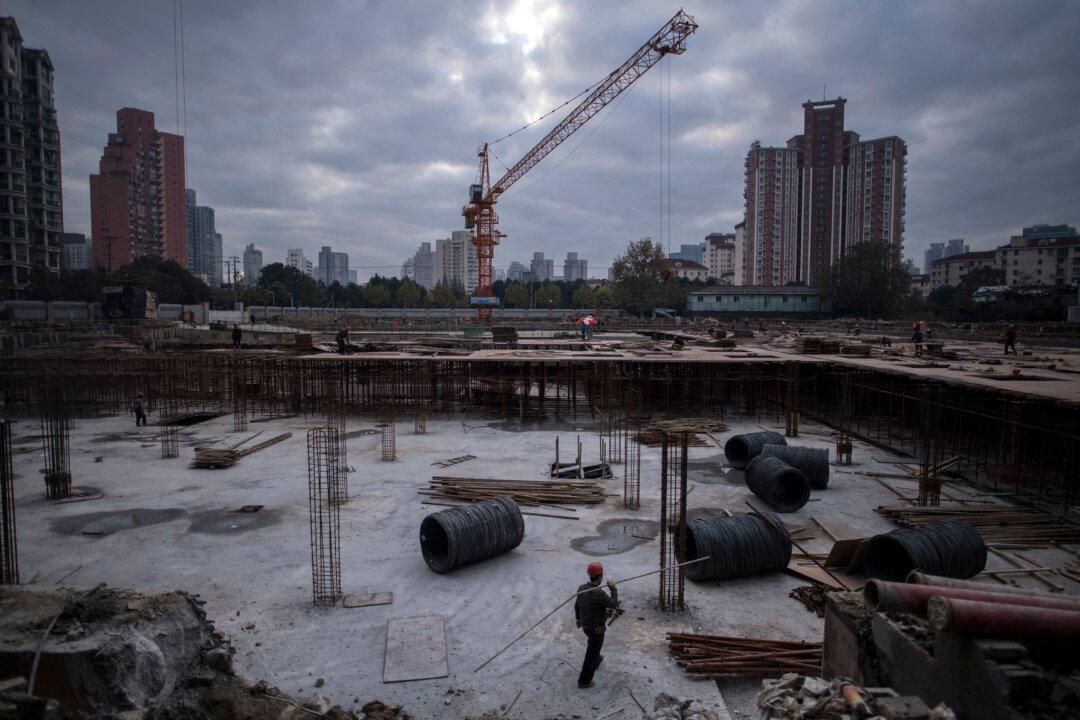News Analysis
After entering 2024, the exchange rate of the Chinese yuan against the U.S. dollar has been gradually declining. On March 22, the yuan suffered its worst day in two months as China continued its loose monetary policy, seeking to stimulate investments and spending in the stagnant Chinese economy.





